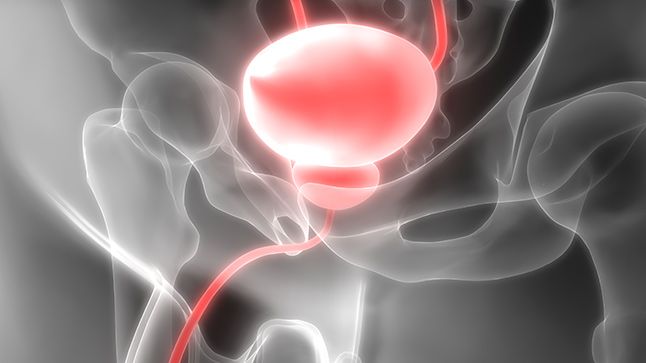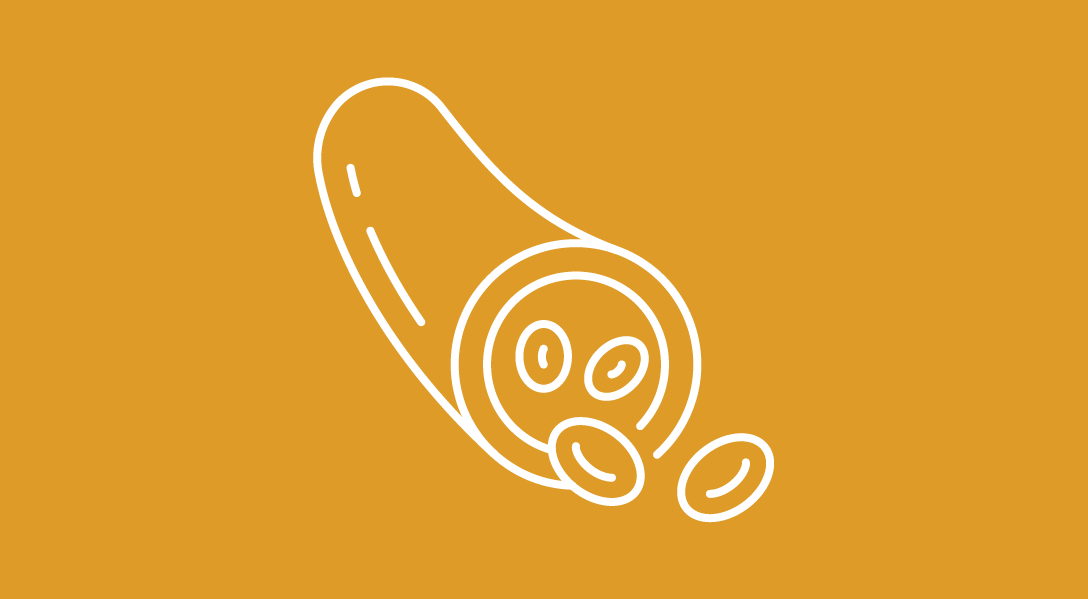
Nurse Navigators Aid in Timely and Comprehensive Lymphedema Care
The implementation of a nurse navigator in a lymphedema program has helped patients with the condition obtain timely care, which can potentially improve outcomes.
Nurse Navigators Aid in Timely and Comprehensive Lymphedema Care

Nurse navigators influenced timely access to an appointment, coordination of care, and efficient scheduling with current resources for patients who require a lymphedema consultation, according to a poster presented at the 49th Annual ONS Congress.
“Through the nurse navigator, providers are able to see lymphedema patients timely, which may have a positive effect on patient outcomes from lymphedema treatments,” Kristine Morales, B.S.N., RN, nurse navigator at the Sylvester Comprehensive Cancer Center at the University of Miami in Florida, said during the presentation of the findings.
Implementing this role into a lymphedema program also led to thorough appointments and more patients seeing the physician they need to obtain the appropriate care.
“The visits are also more comprehensive, as physicians have all the information needed for a treatment plan at the time of the visit,” Morales added. “Lastly, the nurse navigator has reduced the number of inappropriate appointments by ensuring patients are seen by the correct physician for their needs. This reduces cancellations and the need for additional visits.”
Since the implementation of a nurse navigator in the lymphedema program, the team has significantly streamlined the intake process, which can be completed within 1 business day, Ernesto Justo, BA, project manager at the Sylvester Comprehensive Cancer Center, said during the presentation. In addition, patient medical records and other pertinent information can be accessed by the provider 10 days before the scheduled appointment, “allowing for better preparation and more focused consultations,” Justo explained.
Findings from the analysis on the benefits of a nurse navigator demonstrated that the role led to a 62% reduction in appointment cancellations between May 2023 and October 2023, even with a 700% increase in appointment volume.
“This significant improvement underscores the effectiveness of nurse navigation support in optimizing patient engagement and reducing barriers to care,” Justo said. “Moreover, patients now experience expedited access to lymphedema providers with the ability to secure appointments within just 7 days, further enhancing the efficiency and accessibility of our program.”
Nurse Navigator Role
Morales described that the Sylvester Comprehensive Cancer Center lymphatic program uses a collaborative and multidisciplinary approach to provide individualized care to patients with lymphedema, a frequent outcome of cancer and its treatments. Cancer rehabilitation medicine specialists provide holistic care to improve function and well-being, while the surgery team offers minimally invasive and innovative techniques to prevent and treat the condition.
Before the nurse navigator joined the team, patients who wanted to be seen by the lymphatic program often experienced delays and inappropriate appointment scheduling. The addition of the nurse navigator role has helped patients within the program overcome healthcare system barriers and allowed them to access timely and quality healthcare.
“The nurse navigator triages each patient using a thorough intake evaluation, provides lymphedema education, reviews appointment details, and discusses any questions or concerns,” Morales said. “The implementation of my role as a nurse navigator within the lymphedema program has streamlined new patient referrals to ensure proper scheduling and timely visits.”
Prior to the initial appointment for lymphedema care, the nurse navigator reviews each patient’s medical records, which includes cancer- and non-cancer-related medical history and treatment, surgical history, and imaging. The nurse navigator would then contact each patient to complete intake, including a series of questions about their condition, and then would provide education about the condition, available diagnostics and treatments. Patients would also receive appointment details, in addition to the nurse navigator’s contact information as a resource for further questions or concerns.
“The lymphedema nurse navigation workflow illustrates the efficient process for patients scheduled for lymphedema consults are contacted within 1 business day, followed by the nurse navigator completing the intake process within the same timeframe, ensuring swift collection of records and access to care by the lymphedema provider,” Morales said.
She concluded with what she and her team will focus on in analyzing the nurse navigator’s role.
“In the future, we will analyze the downstream revenue generated by utilizing the nurse navigator,” she said. “We will also analyze the impact of improved access to supportive services such as physical therapy and patient-reported outcomes.”
Reference
MacIntyre J, Sabin S, Justo E, Morales K. Enhancing Triage Precision: Nurse Navigation's Impact on a Lymphedema Program. Presented at: 2024 Oncology Nursing Society Congress; April 24-28, 2024; Washington DC. Abstract P119
UGN-102 Produces Comparable Responses Regardless of Surgery in NMIBC Subset
May 8th 2024Patients with newly diagnosed and recurrent low-grade intermediate-risk non-muscle-invasive bladder cancer treated with UGN-102 displayed meaningful and similar responses and disease-free survival regardless of whether they underwent surgery.
Verification Nurse Provides ‘Significant Contribution to Patient Safety’ During Chemo Administration
May 1st 2024The role of a verification nurse can lead to several benefits, including the prevention of errors from reaching the patient, decreased workload, and potential cost savings from less drug waste.
UGN-102 Produces Comparable Responses Regardless of Surgery in NMIBC Subset
May 8th 2024Patients with newly diagnosed and recurrent low-grade intermediate-risk non-muscle-invasive bladder cancer treated with UGN-102 displayed meaningful and similar responses and disease-free survival regardless of whether they underwent surgery.
Verification Nurse Provides ‘Significant Contribution to Patient Safety’ During Chemo Administration
May 1st 2024The role of a verification nurse can lead to several benefits, including the prevention of errors from reaching the patient, decreased workload, and potential cost savings from less drug waste.
Latest Conference Coverage

Apalutamide/ADT Confers 100% Recurrence-Free Survival in High-Risk Prostate Cancer
TAR-200 Leads to Lasting Responses in BCG-Unresponsive Bladder Cancer

UGN-102 Produces Comparable Responses Regardless of Surgery in NMIBC Subset

Verbal Workflow for Tocilizumab Orders Results in More Timely CRS Intervention
2 Commerce Drive
Cranbury, NJ 08512
All rights reserved.